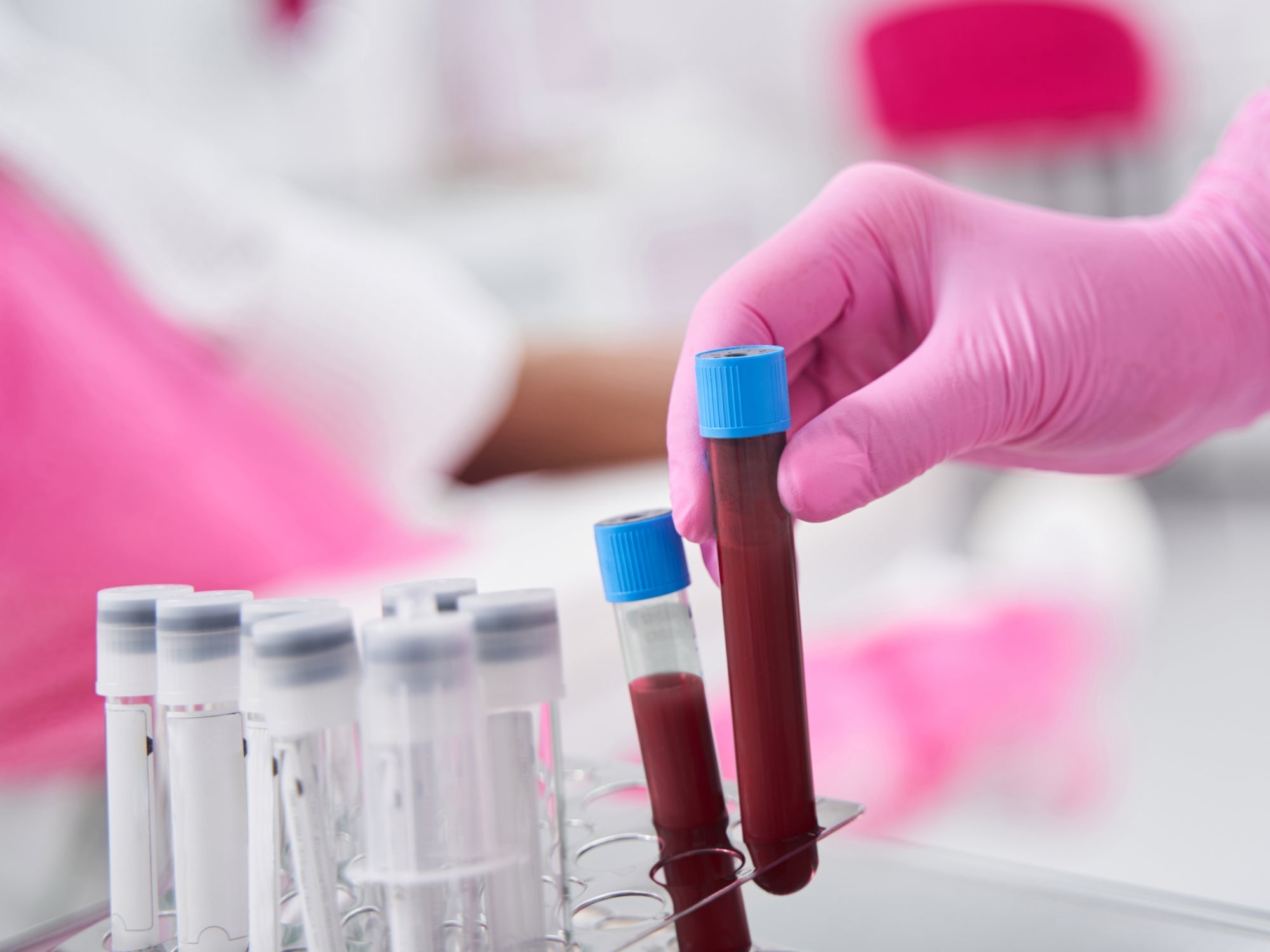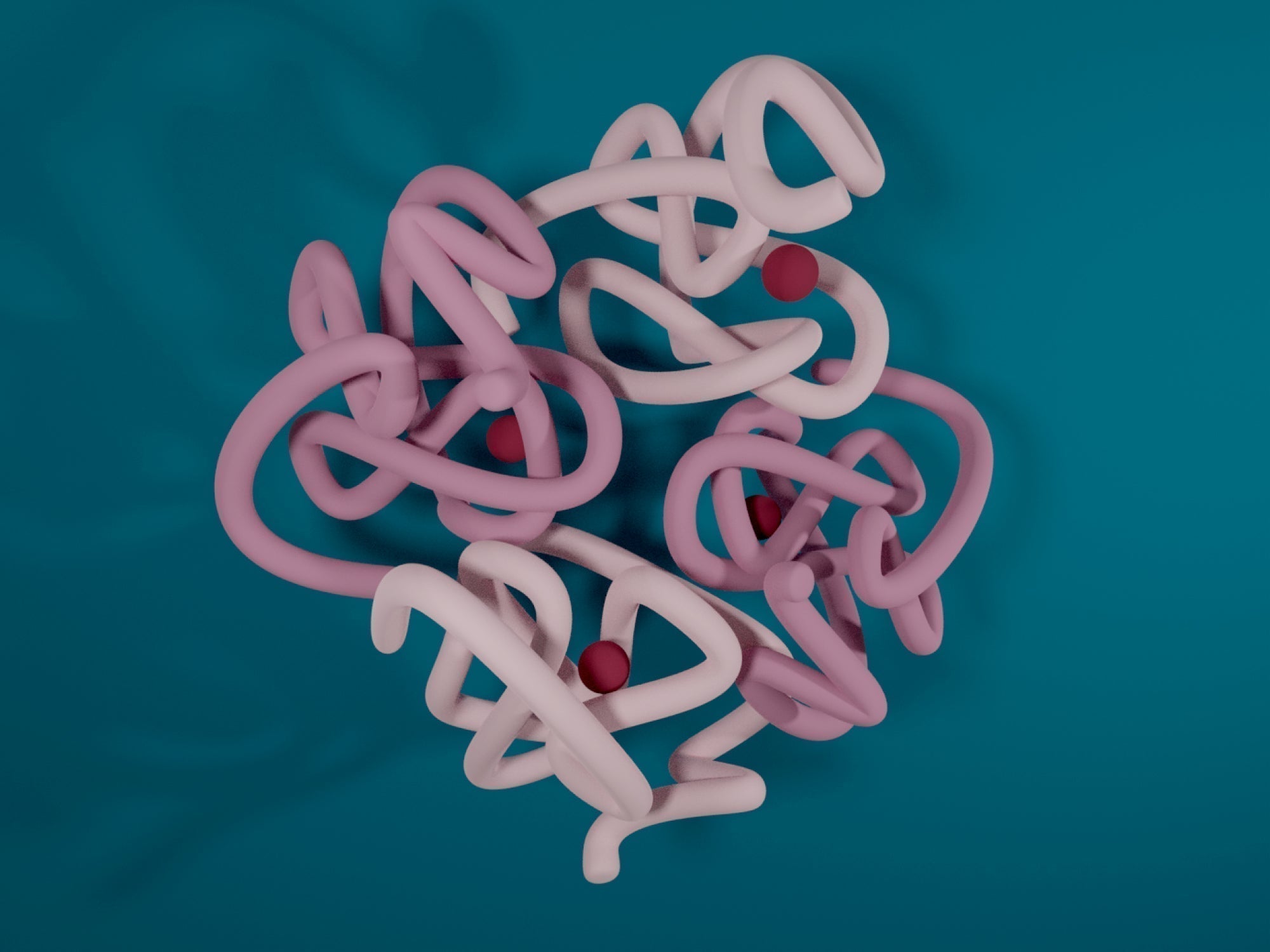“In the United States, there are at least 1,200 people with transfusion-dependent thalassemia.” - Boston Children’s Hospital
Thalassemia is an inherited blood disorder that subtly shapes the lives of those it touches, affecting how their bodies produce hemoglobin and healthy red blood cells. This guide is to offer a clear and comprehensive overview of anemia, from understanding its symptoms and types to navigating the best management strategies. Our aim is to provide you with awareness and support so that you or your loved ones can manage this condition effectively.
1. What Is Thalassemia and How Does It Affect Hemoglobin?
Thalassemia is a condition characterized by less hemoglobin and fewer healthy red blood cells in the body than normal. Hemoglobin is the protein in red blood cells that carries oxygen throughout the body. People with thalassemia can have mild or severe anemia, the latter of which can lead to organ damage and potentially life-threatening complications. This disorder is inherited, meaning it's passed down from parents to their children through genes. It's crucial for those with a family history of thalassemia to seek genetic counseling.
2. What Are the Symptoms of Thalassemia?
Symptoms of thalassemia can vary widely, from none at all to severe and life-threatening. Common signs include fatigue, weakness, pale or yellowish skin, facial bone deformities, slow growth, and abdominal swelling. The severity of symptoms depends on the type of thalassemia one has. It's important to note that some individuals may not experience symptoms until later in life, making regular health screenings essential for those with a known family history of the disorder.
3. What Types of Thalassemia Exist?
There are two main types of thalassemia: alpha and beta, named after the two protein chains that make up hemoglobin. Each type is further divided into subtypes, depending on how many of the four genes for alpha thalassemia or two genes for beta thalassemia are affected. The severity of the disease and the symptoms presented can vary significantly with each subtype. For example, Beta Thalassemia Major (also known as Cooley's Anemia) is one of the most severe forms, requiring regular blood transfusions for the patient to survive.
4. How Is Thalassemia Diagnosed and Treated?
Diagnosing thalassemia involves a complete blood count (CBC) test, a reticulocyte count, and genetic testing. Early diagnosis is key to managing the disorder effectively. Treatment varies based on the type and severity of thalassemia and may include regular blood transfusions, iron chelation therapy to remove excess iron from the body, folic acid supplements, and in some cases, a bone marrow transplant. Advances in medical science are continually improving the outlook for thalassemia patients, making ongoing care and monitoring essential.
5. What Is It Like Living with Thalassemia?
Living with thalassemia requires a comprehensive management plan to maintain optimal health and prevent complications. This includes regular medical check-ups, adherence to treatment plans, and lifestyle adjustments to support overall well-being. Support from healthcare providers, family, and thalassemia support groups can provide invaluable resources and emotional support. Education about the condition also empowers patients and their families to advocate for the best possible care.
If you're looking for a firsthand perspective on navigating life with beta thalassemia, we encourage you to listen to our CTO, Rob Mannino, as he shares his personal experiences in 'Thalassemia Part 1' and 'Thalassemia Part 2' videos.
6. How Important Is Nutrition in Managing Thalassemia?
Proper nutrition plays a crucial role in supporting the health of individuals with thalassemia. Due to the risk of iron overload from frequent blood transfusions, a diet low in iron is often recommended. However, it's essential to balance this with the need for a nutritious diet that supports overall health. Foods rich in antioxidants, calcium, and vitamin D can help counteract some of the side effects of treatment and support bone health, which can be a concern for thalassemia patients. Consulting with a dietician who has experience with blood disorders can provide personalized advice to meet dietary needs without exacerbating the condition.
7. Why Is Psychological Support Crucial for Thalassemia Care?
Living with thalassemia can have significant psychological impacts, including stress, anxiety, and depression due to the chronic nature of the disease and its treatments. Recognizing and addressing these mental health challenges is as important as managing the physical aspects of the disorder. Access to counseling services, support groups, and educational resources can offer emotional support and coping strategies. Encouraging patients to engage in activities that promote mental well-being, such as mindfulness, exercise, and hobbies, can also play a beneficial role in their overall care plan. Creating a holistic care approach that includes psychological support helps improve the quality of life for those with thalassemia.
Thalassemia can present a multifaceted challenge, blending the need for medical treatments, healthy eating habits, and a strong support system to tackle it head-on. Understanding the basics of the disorder, spotting the symptoms early, understanding its different forms, and exploring the available treatment options can make the journey a bit smoother. Adding good nutrition and taking care of your mental health into the mix are also key steps in managing thalassemia effectively, helping you or your loved one lead a more balanced and fulfilling life despite the hurdles this condition brings.
Monitor Your Hemoglobin Levels With AnemoCheck Mobile!
Don't allow thalassemia to dictate your life. With AnemoCheck Mobile, monitoring your blood health becomes less of a chore and more a part of your routine towards wellness.
AnemoCheck Mobile provides a convenient way to check your hemoglobin level estimates from the comfort of your home, enabling you to keep a closer eye on the aspects of your health that matter most when managing conditions like thalassemia.
Click here to download AnemoCheck Mobile from the iOS and Android app stores.





Leave a comment
This site is protected by hCaptcha and the hCaptcha Privacy Policy and Terms of Service apply.